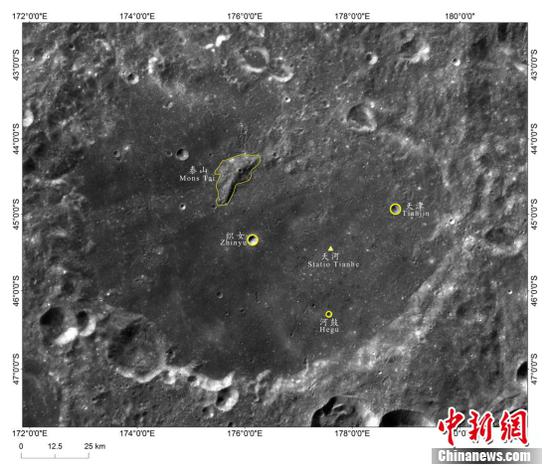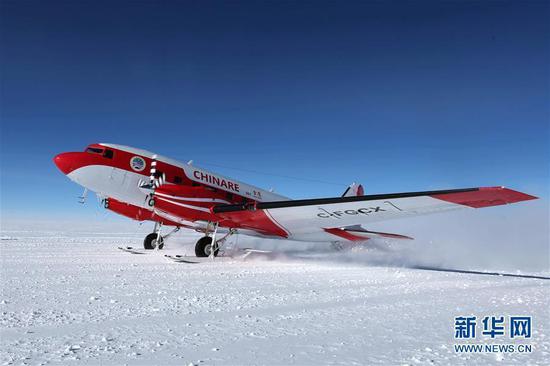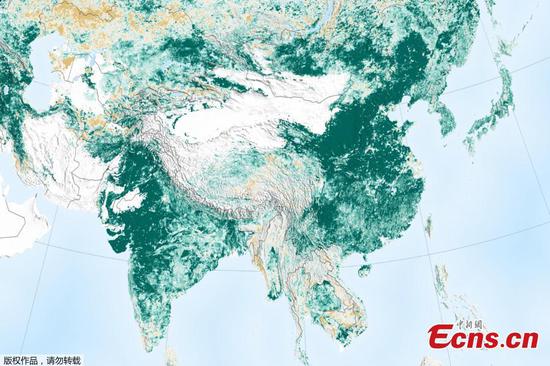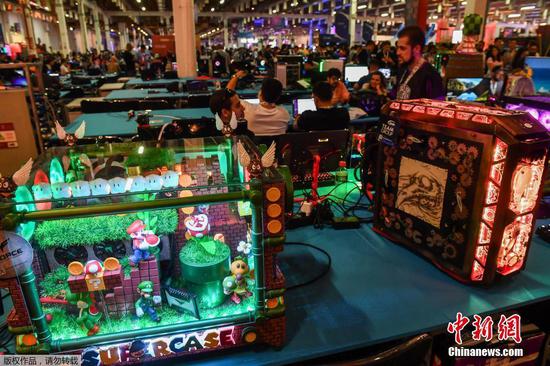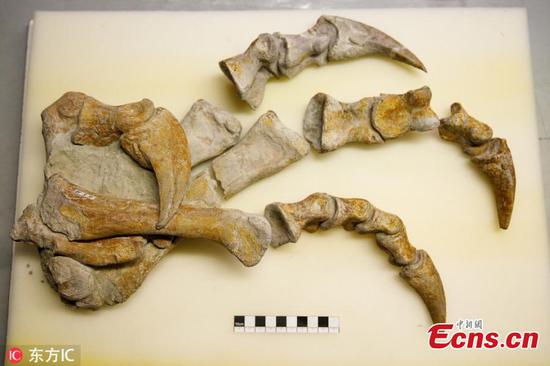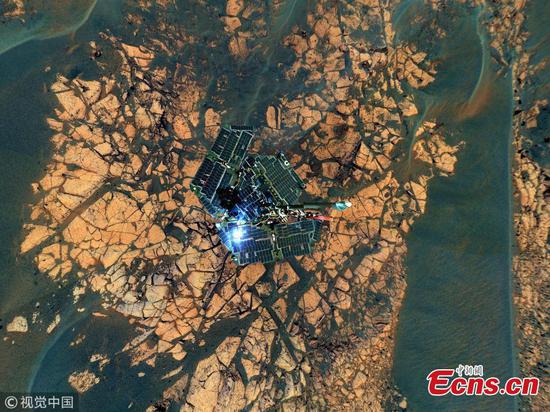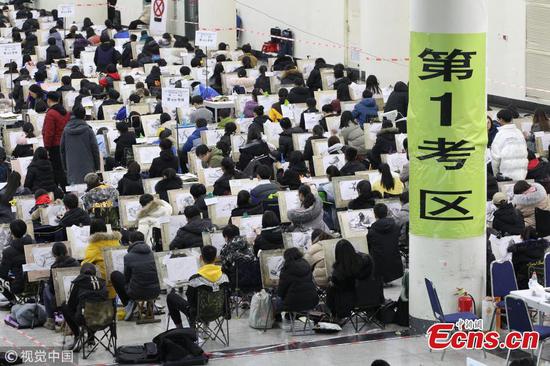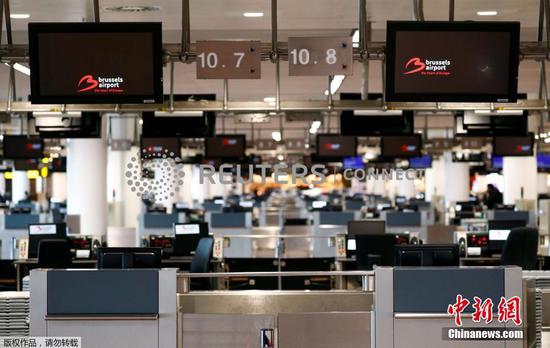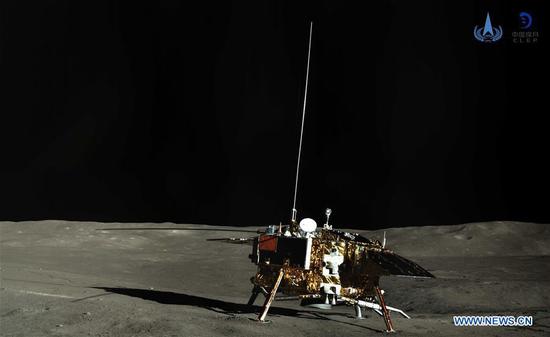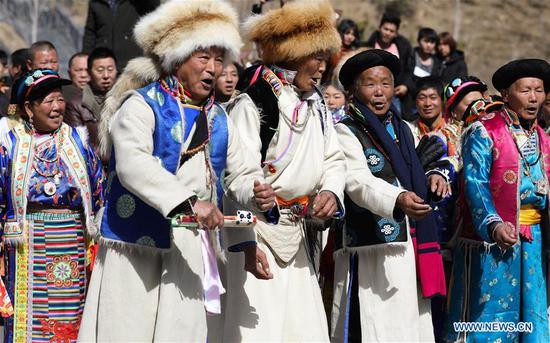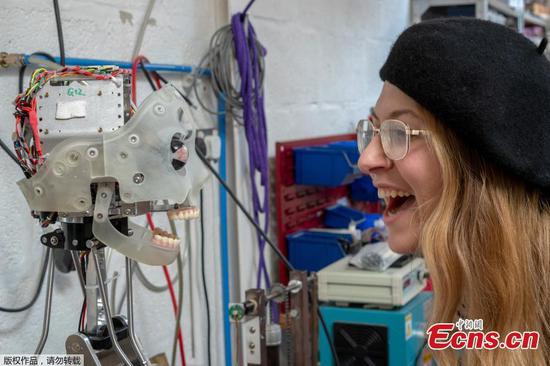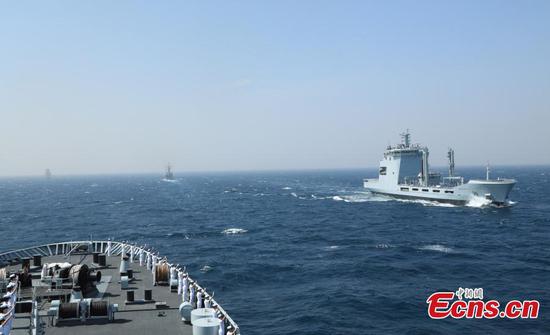When German Chancellor Angela Merkel said, "the question now is: do we fall apart into pieces of a puzzle and think everyone can solve the question best for himself alone?" she was denouncing the unilateralism the United States has been pursuing since 2016.
Speaking at the Munich Security Conference on Saturday, she called on the United States to put itself in other countries' shoes and to pursue win-win solutions together.
That the warm applause she received was absent after the address by U.S. Vice-President Mike Pence speaks volumes about how unwelcome the unilateralist policies the U.S. has adopted are.
The U.S. has withdrawn from the multilateral nuclear deal with Iran, announced it is quitting the Paris Agreement on climate change and repeatedly pointed accusing fingers at China, even its own allies, on anything it considers to be not in its own favor.
The U.S. administration refers to the unilateral and isolationist policies it is pursuing with the euphemism "America First", and Pence tried to claim that "does not mean America alone". But the U.S. is becoming increasingly isolated as it stands against the trend for cooperation in pursuit of shared peace and prosperity.
Instead of solving the common problems the world is facing, the U.S. is standing on the wrong side of history trying to dictate to other countries in a hegemonic manner what they should do.
It seems as if it believes it is the very source of justice and fairness and thus entitled to lead the world in whatever manner it pleases. It is with this mentality that it wields the baton of sanctions against any country that it considers to be defying its will, or raises tariffs on imports from any country when it feels it is losing the trade competition with that country.
Wherever the U.S. exerts its unilateral policies in the world, the situation is sure to become chaotic.
The situation in the Middle East has become much more volatile and complicated since the U.S. withdrew from the Iran nuclear deal.
It is increasing its pressure on the European Union to cut off its relations with Russia, which if the EU does, will increase the uncertainties and pose a threat to the stability of Europe.
Meanwhile the trade frictions it has instigated with China have seriously affected the development of the global economy. Its persistent persuasion of its allies not to use the equipment and services of China's telecoms giant Huawei Technologies Co Ltd for their 5G networks not only blocks the development of this world telecoms equipment maker. It will also have a negative impact on the development of the next generation telecoms network worldwide as the entire supply chain in this sector will be jeopardized.
Given the uncertainties the world faces, just as Chinese top diplomat Yang Jiechi said at the conference, the world needs multilateralism and cooperation more than at any other time. The world will only have more problems if unilateralism is not contained.










